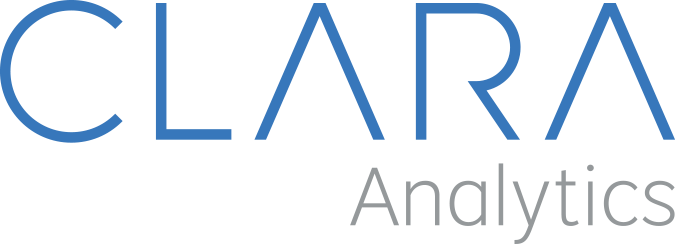5 Common Hospitality Insurance Claims and How to Mitigate Them
Imagine this: you own and operate a hotel with a steady stream of daily challenges—managing workflow, overseeing staff, and resolving customer complaints. You’ve got the routine under control: check-ins are smooth, guest feedback is handled efficiently, and everything runs like clockwork. But then, disaster strikes. A guest slips and falls on your property, resulting in an injury due to poor communication between your staff.
What seemed like an ordinary day, suddenly turns into a liability nightmare.
This type of incident is just one example of the unique liability challenges faced by businesses in the hospitality industry. As high-traffic venues, these properties are vulnerable to third-party claims that can lead to significant financial losses.
To mitigate these risks and ensure guest safety, property owners must understand the common types of claims they may encounter. Under such circumstances, AI-driven tools act as a lifeline, offering smart solutions to quickly resolve issues and limit liabilities.
This blog examines five key claim categories the hospitality industry should be aware of and provides proactive strategies to address them.
1. Slips and Falls: A Hidden Hazard That Can Cost You
Slip and fall incidents account for nearly 30% of hotel liability cases and are a leading cause of expensive lawsuits. Beyond hotels, a recent study by the National Floor Safety Institute (NFSI) reveals that the restaurant industry spends over $2 billion annually on slip and fall-related injuries, with costs increasing at a rate of about 10% per year.
Given the scale of this risk, hospitality operators must take proactive measures to minimize hazards. Routine inspections, prompt maintenance, and clear signage to warn guests of potential dangers are essential.
2. Security Failures: A Growing Concern
Security-related issues, including theft and assault, contribute significantly to third-party claims in the hospitality industry. Negligent security claims arise when hotels are accused of having failed to provide adequate safety measures, leaving guests vulnerable.
According to a 2022 global fraud study by the Association of Certified Fraud Examiners (ACFE), the median fraud loss in the hospitality industry reached $579,000—five times higher than reported losses in 2020. Beyond direct financial damages, fraud also incurs costs related to regulatory fines, customer compensation, and investigative expenses—with unfortunate emphasis on customer compensation costs and additional security investments to recover its reputation and restore customer trust.
3. Foodborne Illness Claims: A Risk to Reputation and Finances
Each year, nearly 48 million Americans fall ill from foodborne diseases, making it essential for hotels with dining facilities to prioritize food safety.
Food-related claims not only have significant financial consequences but can also damage a hotel’s reputation. Adhering to strict food safety regulations, training staff, and maintaining sanitary kitchens are all critical steps to ensure the health of guests and preserve trust.
4. Facilities and Accidents: Navigating Liability Risks
Amenities such as pools, gyms, and spas enhance guest experience but also introduce safety risks, contributing to about 20% of third-party liability claims. From drowning incidents to equipment malfunctions, these areas demand meticulous maintenance and safety protocols. Property owners must ensure regular inspections, implement clear safety signage, and provide adequate staffing to reduce potential liabilities and ensure a safe environment for guests.
5. Guarding Against Property Damage: Driven Solutions
Property damage caused by guests, such as broken fixtures or damage to other guests’ belongings, accounts for roughly 15% of hotel liability claims. This highlights the critical need for comprehensive policies and insurance to protect against such incidents.
Hotels should establish clear guidelines on guest conduct and property usage to reduce these ongoing challenges. Additionally, implementing damage protection plans and requiring deposits or liability waivers can offer extra coverage against potential claims. Educating guests about their responsibilities and offering a straightforward claims process can further minimize disputes and enhance guest satisfaction.
Be Proactive: Strengthen Your Third-Party Risks Today
Third-party claims pose significant challenges within the hospitality industry, but by addressing these issues proactively, property owners can create a safer environment for guests as well as staff while minimizing liability exposure.
By incorporating AI-driven claims solutions, the effectiveness of risk management strategies can be greatly enhanced. Embracing CLARA’s features allows operators to not only reduce potential hazards but also strengthen guest trust, ultimately contributing to the property’s long-term success and reputation.
When claims do arise, protect what’s important—let AI be your shield. Check out our guide to AI for casualty claims.




